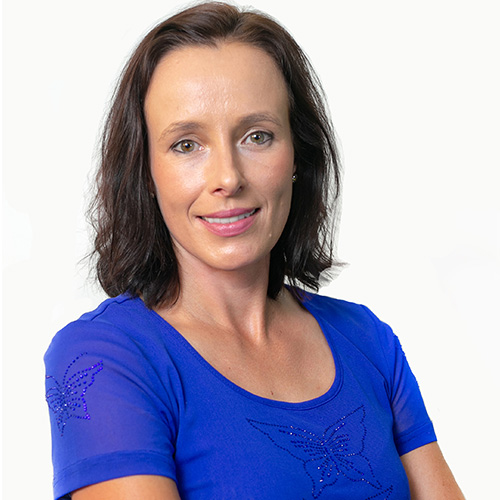
Debra Rossouw
Country (Nationality)
South Africa
Grantee Title
Project Title: Optimising ecosystems for industrial fermentation processes and wastewater remediation
Grantee Description
Host Organisation: Stellenbosch University, South Africa
Summary
Studying microbial interactions, specifically those linked to direct physical contact, between different species of yeast, bacteria and algae may not seem very glamourous or important. However, understanding the molecular basis of such interactions is actually essential to our fundamental knowledge of microbial ecosystems, and our ability to harness/control them for human good, in the context of synthetic ecosystems. Synthetic ecology is the new frontier of synthetic biology, and, far from being scary science fiction, presents a very natural way for us to control and optimise microbial systems. Interaction science, in the context of synthetic ecology, is applicable to a wide range of seemingly unrelated fields, including medical microbiology, food and beverage biotechnology, biofuel production and wastewater remediation. My preliminary research has shown that cell wall-based interactions between different species of yeast, for instance, is highly organised and specific, and has a pronounced impact on the survival (or not) of the different species involved in complex engineered ecosystems. Here we propose to further investigate how modifications to yeast cell walls influence the way they aggregate and interact with bacteria and microalgae. These interactions will be investigated in the context of obligate synthetic ecosystems, using directed evolution as an additional research tool. Our aim will be to optimise yeast-microalgae pairings (‘micro-lichens’) for wastewater remediation, and yeast-bacteria pairings for food and beverage production. Taken together, synthetic biology and interaction science are clearly important areas of science worth investing in for a sustainable future.
